Red Bean Harvest
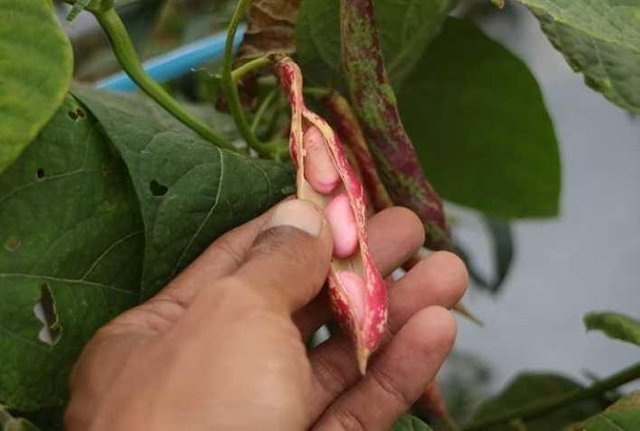
Post-harvest handlers in a plant are needed, such as the yield of koro plants, especially the yield of many crops, seasonal harvests, and daily needs.
So it is very necessary for appropriate handling to last a long time under maintained quality conditions, Kacang Koro is one of them.
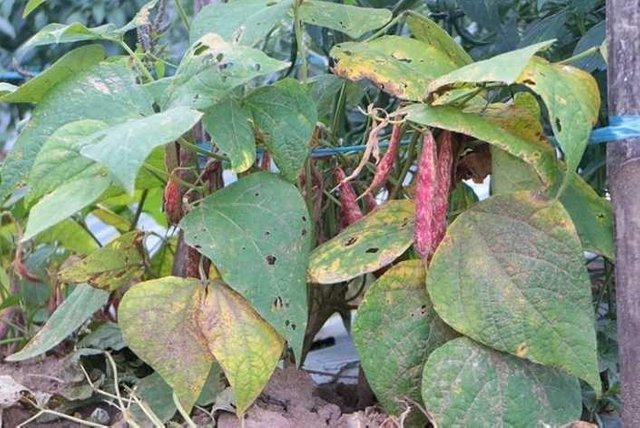
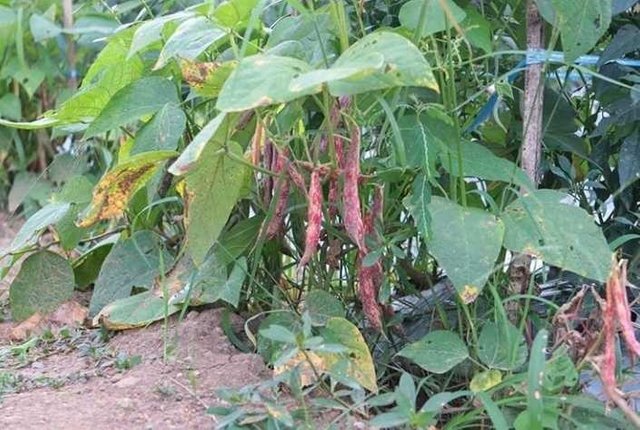
Harvest
Harvest is done when the koro beans are old and dry. So it facilitates post-harvest processing
Place the harvest in clean containers such as buckets, sacks or baskets.
Collection
After the harvest, do collection at the shelter. It would be better if the shelter is close so as to facilitate collection and not damage crops.
Drying
After harvesting, immediately do the drying by drying it on the cemented floor or on woven bamboo or tarpaulin until it is dry evenly, for that, it needs to be arranged neatly and not stacked and back and forth.
That way the coro beans will break and the koro seeds will be released by themselves when dry.
For those that are not separated, it can be removed from the pods manually or using a machine.
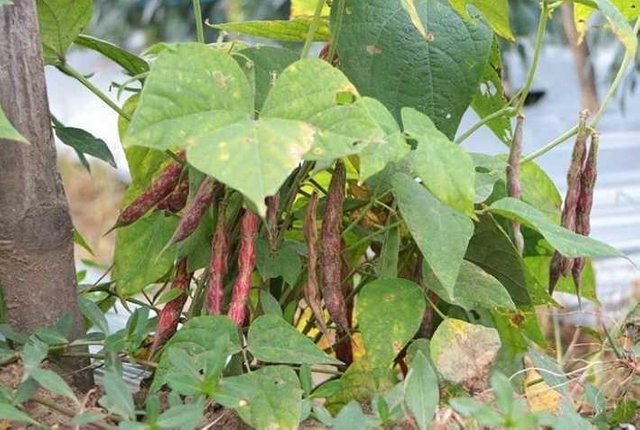
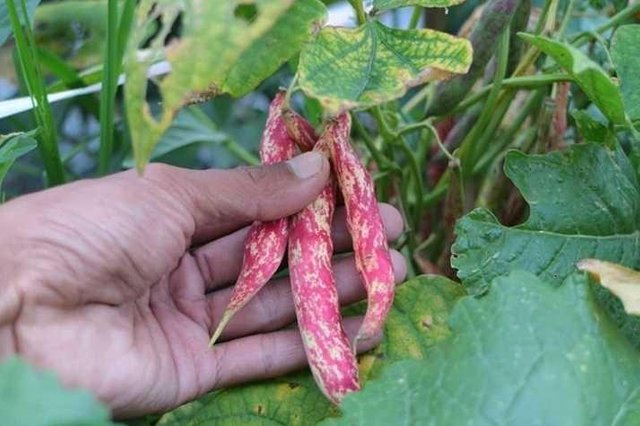
Sorting
Sorting does need to be done to separate the beans from the skin of the koro beans and the dirt that sticks to the beans.
Usually using a sieve or machine, for example using tampi. When sorting this, also separate between the damaged koro - koro which is good, if it is badly separated, if it is good, then separate it according to the size or market arrangement.
When finished, do the re-drying like the first drying on the cemented floor or woven bamboo and dry it until it is completely dry.
Packaging
Pack dried koro beans in a clean sack by labeling them as weight, harvest date, production date, size, type.
By giving the label it will be easier when the goods will be distributed during collection, especially koro beans can be stored for a long time.
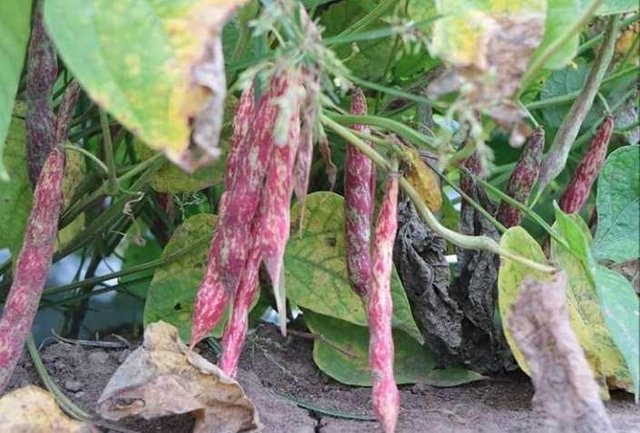
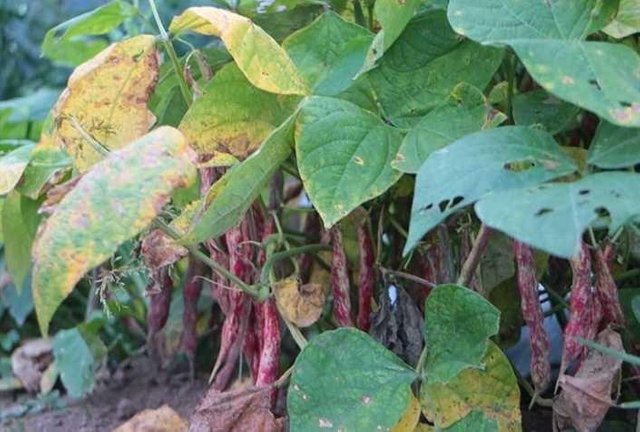
Storage
Considering that koro beans are one of the seeds that can last a long time, they need storage.
Conditions of storage must be dry, room temperature maintained, air circulation good, far from heat, light provided is appropriate, not moist, far from materials that can damage the quality of the beans.
The sack of koro beans is stacked on the wood for the sake of not touching the ground and damaging the quality of the koro.

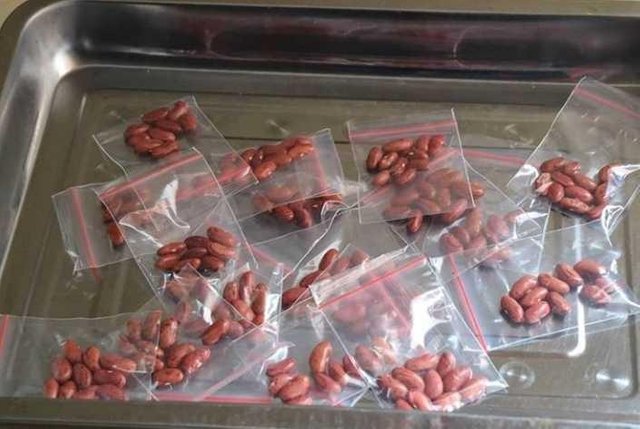
Happy harvesting, we @farms are pleased and delighted to have come across this post abd wush you more harvest
Resteem